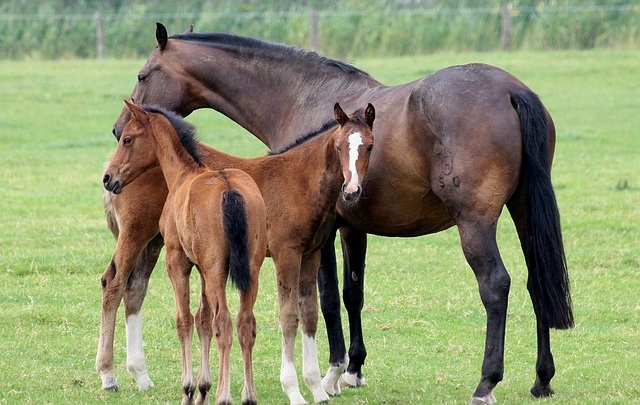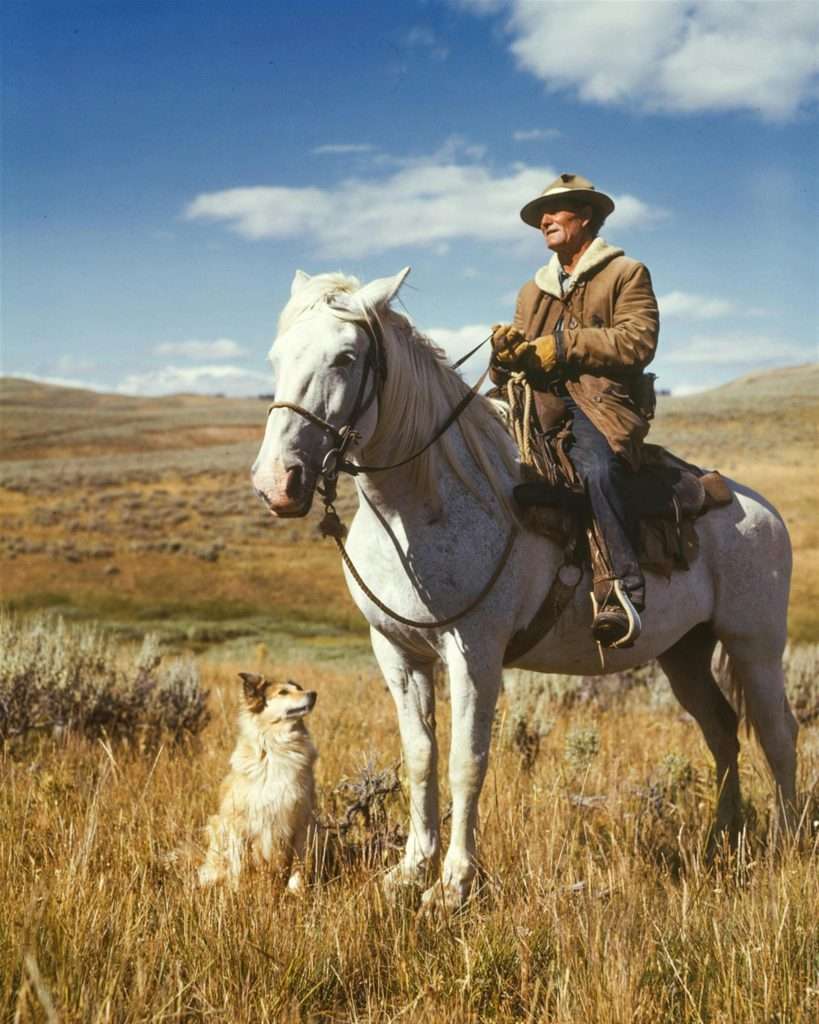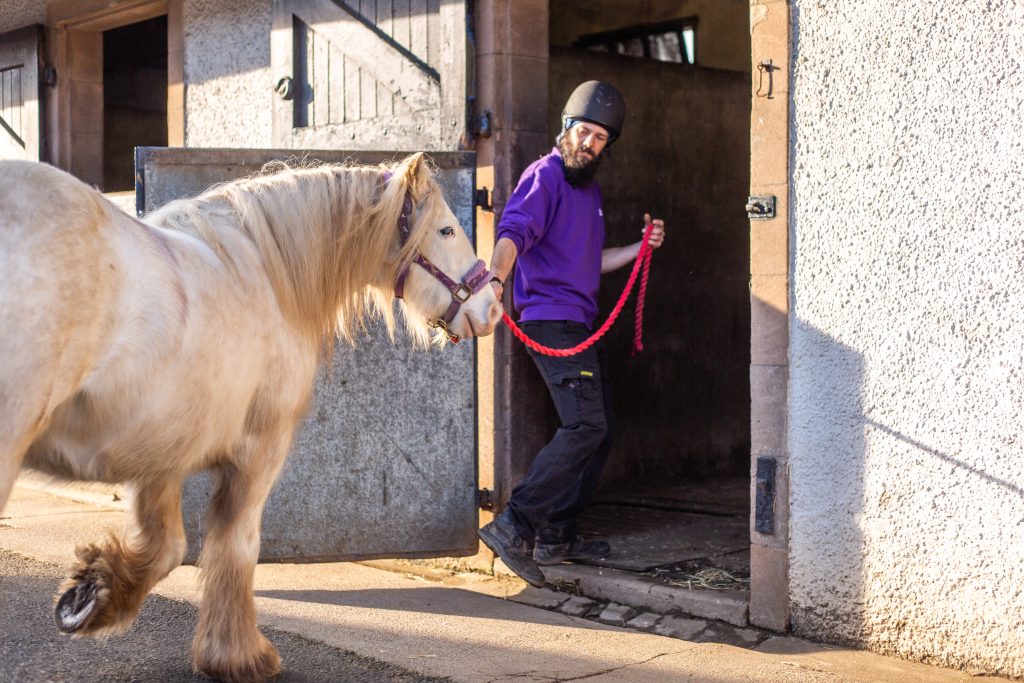How Long Do Horses Live? A Comprehensive Guide

Horses have been companions to humans for thousands of years, serving roles from transportation to sport and therapy. Understanding their lifespan is essential for proper care and management. This article explores the factors influencing horse longevity, typical life expectancies, and tips for ensuring your horse lives a long, healthy life.
Typical Lifespan of Horses

On average, horses live between 25 to 30 years. However, this can vary widely depending on breed, care, and environment.
| Horse Type | Average Lifespan | Notes |
|---|---|---|
| Domestic Horses | 25-30 years | Well-cared-for horses often reach this range |
| Ponies | 30-35 years | Generally live longer than larger horses |
| Wild Horses | 15-20 years | Shorter lifespan due to harsher conditions |
Factors Affecting Horse Lifespan
Several factors influence how long a horse lives:
- Breed: Some breeds, like Arabians and ponies, tend to live longer.
- Diet and Nutrition: Balanced diets rich in essential nutrients promote longevity.
- Healthcare: Regular veterinary check-ups, vaccinations, and dental care are crucial.
- Exercise: Consistent physical activity maintains health and mobility.
- Environment: Safe, clean living conditions reduce stress and disease risk.
- Genetics: Inherited traits can predispose horses to certain health issues.
Signs of Aging in Horses
As horses age, they may exhibit:
- Graying around the muzzle and eyes
- Decreased muscle tone and weight loss
- Reduced stamina and slower movement
- Dental wear affecting eating habits
- Changes in behavior or temperament
Recognizing these signs helps owners adjust care to meet their horse’s changing needs.
Tips for Extending Your Horse’s Life
- Provide a balanced diet: Tailor nutrition to age, workload, and health status.
- Maintain regular veterinary care: Early detection of issues can prevent serious problems.
- Ensure proper dental care: Regular floating (filing) of teeth aids digestion.
- Keep your horse active: Exercise supports cardiovascular health and muscle tone.
- Create a safe environment: Minimize hazards and provide shelter from extreme weather.
- Monitor weight and condition: Prevent obesity or malnutrition.
Frequently Asked Questions (FAQ)
Q1: Can horses live beyond 30 years?
Yes, some horses, especially ponies and well-cared-for individuals, can live into their 30s or even 40s.
Q2: Do ponies live longer than horses?
Generally, yes. Ponies often have longer lifespans due to their smaller size and hardier constitution.
Q3: How does diet affect a horse’s lifespan?
Proper nutrition supports overall health, immune function, and energy levels, directly impacting longevity.
Q4: What are common health issues in older horses?
Arthritis, dental problems, and metabolic disorders are common as horses age.
Q5: How can I tell if my horse is aging well?
Regular veterinary assessments and observing behavior, appetite, and physical condition help gauge aging.
Understanding the lifespan of horses and the factors that influence it empowers owners to provide the best care possible. With proper attention, many horses enjoy long, fulfilling lives as cherished companions.
Written by an equine care expert
